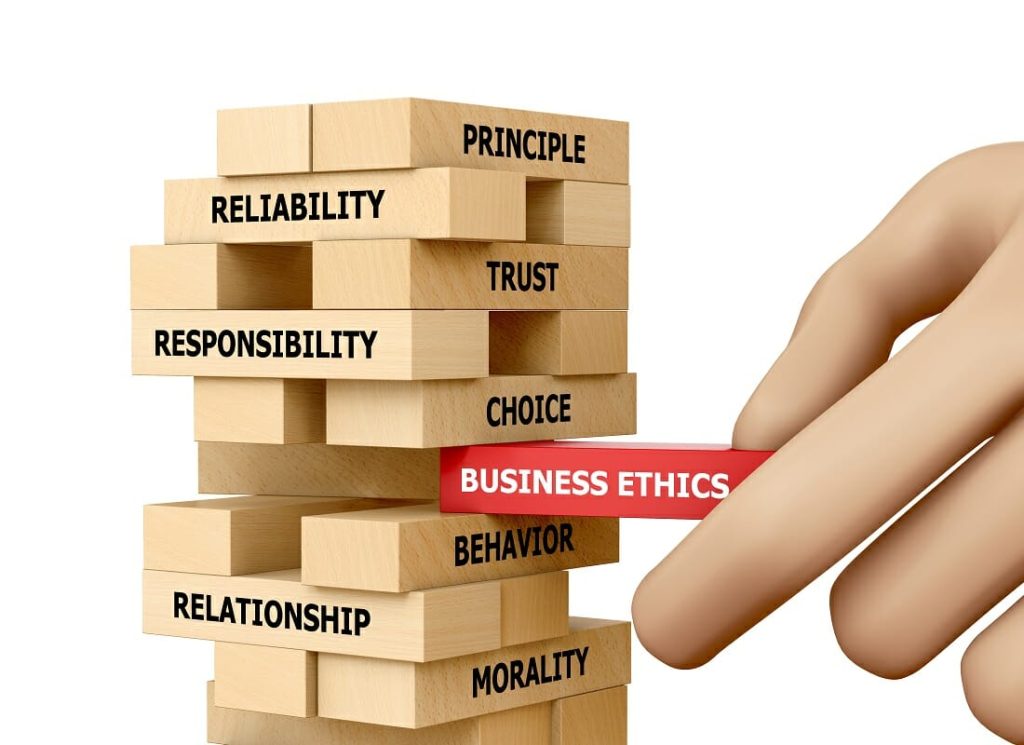The increasing speed of the internet services and the emergence of file compression technology, such as mp3 have led to Peer-to-peer file sharing, which is a technology that permits users to anonymously transfer and share files to each other.
Services offered by Napster or Bit Torrent fall under the issue of file transfer and sharing. These sites offer copyrighted music and content which are illegal to transfer to other users.
Intellectual property rights include a host of rights that belong to businesses of individuals, such as patents, copyright, industrial design rights, trademarks, plant variety rights, trade dress, and in some jurisdictions trade secrets. We take up the most important constituents that having an ethical dilemma associated with them.
Patent Rights
A patent is a form of right granted by the government to an inventor, so that he may benefit monetarily from his/her invention. Many businesses have their R&D departments and their patents bring a source of revenue for them. It is constantly believed that patent infringement is common in the cyber age and that it should be dealt legally and ethically with the strictest norms.
Copyright Violation
A copyright gives the creator of original work exclusive rights to it, usually for a limited time. Copyright is usually applicable to creative, intellectual, or artistic forms, or “works”. As is obvious, copying and re-creating the matter is quite easily possible in the age of information. This raises the business ethics questions whether copyright protection should be made mandatory for all creative productions. The limit of copying and re-creation is also an ethical issue.
Trademarks
A trademark is a recognizable and unique sign, design or expression, which distinguishes products or services. It has been quite easy to duplicate trademarks in the age of computers and internet. It raises the concerns whether there should be any mercy to those who use trademarks unethically or illegally.
Trade Secrets
A trade secret is a formula, practice, process, design, instrument, pattern, information which is secret and by which a business can obtain an economic advantage over competitors or customers. Trade secrets theft can be considered unethical because it may be tough to create or ideate a unique formula, but quite easy to replicate it.

